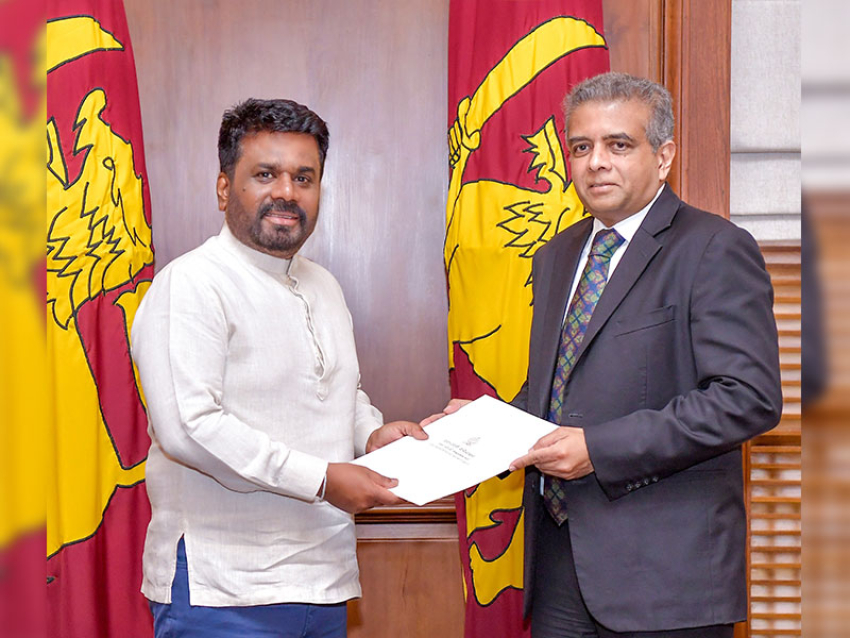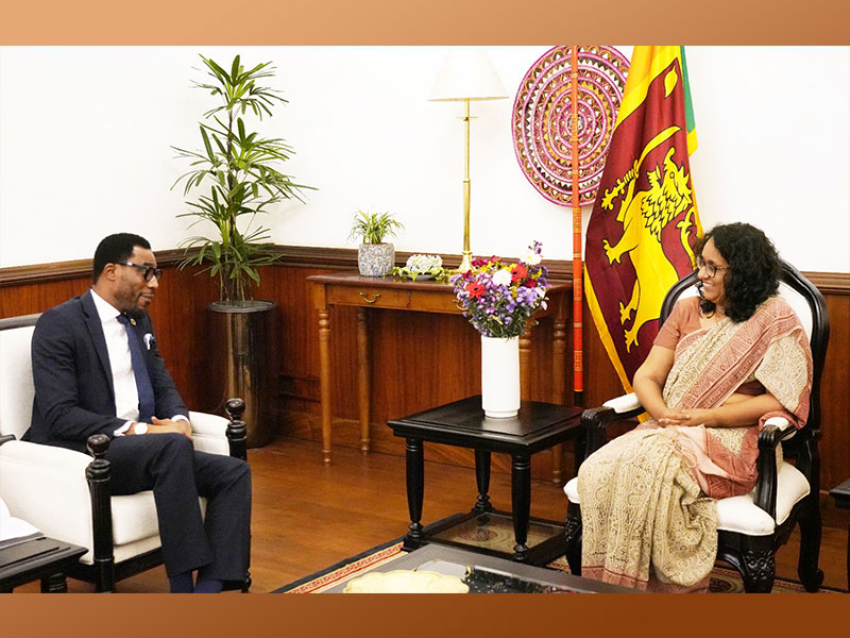Secretary of State, Mike Pompeo and President Donald Trump’s Assistant and daughter Ivanka released the 2018 Trafficking in Persons report at State Department headquarters in Washington, DC. The report said the Sri Lankan government demonstrated increasing efforts compared to the previous reporting period and therefore Sri Lanka remained on Tier 2.
Countries categorized in the Tier 2 are described as Countries whose governments do not fully meet the Trafficking Victims Protection Act’s (TVPA) minimum standards, but are making significant efforts to bring themselves into compliance with those standards. Tier 1, Tier 2, Tier 2-Watch List and Tier 3 are the four categories of countries. Governments of Tier 1 countries fully meet the TVPA’s minimum standards whereas the governments of Tier 3 countries do not fully meet the minimum standards and are not making significant efforts to do so.
The report said the Sri Lankan government demonstrated increasing efforts by identifying more potential trafficking victims and also amended legislation to allow diplomatic missions to record evidence and take statements from victims or witnesses overseas, which resulted in the referral of 29 statements related to alleged human trafficking to the Criminal Investigation Department (CID) for further investigation.
“However, the government did not meet the minimum standards in several key areas. For the fourth consecutive year, the courts did not convict any traffickers under the government’s trafficking statute, although they continued to convict potential trafficking cases under the procurement law for obtaining a person to become a prostitute. Only one person convicted for procurement served prison time; two other convictions were suspended,” it said.
The report recommended that Sri Lanka should improve efforts to investigate and prosecute suspected traffickers, including complicit officials and convict and punish offenders with sentences commensurate with other serious crimes.
“Efforts should be increased to proactively identify trafficking victims and train officials on victim identification and referral procedures. Protection services should be improved to ensure identified victims, including men and children, receive specialized care services. Steps should be taken to eliminate all recruitment fees charged to workers by labor recruiters and instead ensure they are paid by employers. The Sri Lanka Foreign Employment Bureau’s (SLBFE) mandate should be expanded to include regulation of sub-agents,” it said enumerating recommendations.
The report further said Sri Lanka is primarily a source, destination, and, to a lesser extent, a transit country for men, women, and children subjected to forced labor and sex trafficking. “Within the country, women and children are subjected to sex trafficking in brothels. Boys are more likely than girls to be exploited in commercial sex in coastal areas for child sex tourism. Children, individuals with physical deformities, and those from socially vulnerable groups are forced to beg or engage in criminal activity in Sri Lanka’s largest cities. Some child domestic workers in Colombo, generally Tamils from the tea estate region, are subjected to physical, sexual, and mental abuse, non-payment of wages, and restrictions of movement—indicators of labor trafficking. In recent years, a small number of women from other Asian and Central Asian countries have been subjected to forced prostitution in Sri Lanka. Police reportedly accept bribes to permit brothels to operate, some of which exploit trafficking victims. Sub-agents collude with officials to procure fake or falsified travel documents to facilitate travel of Sri Lankans abroad,” the report said



















